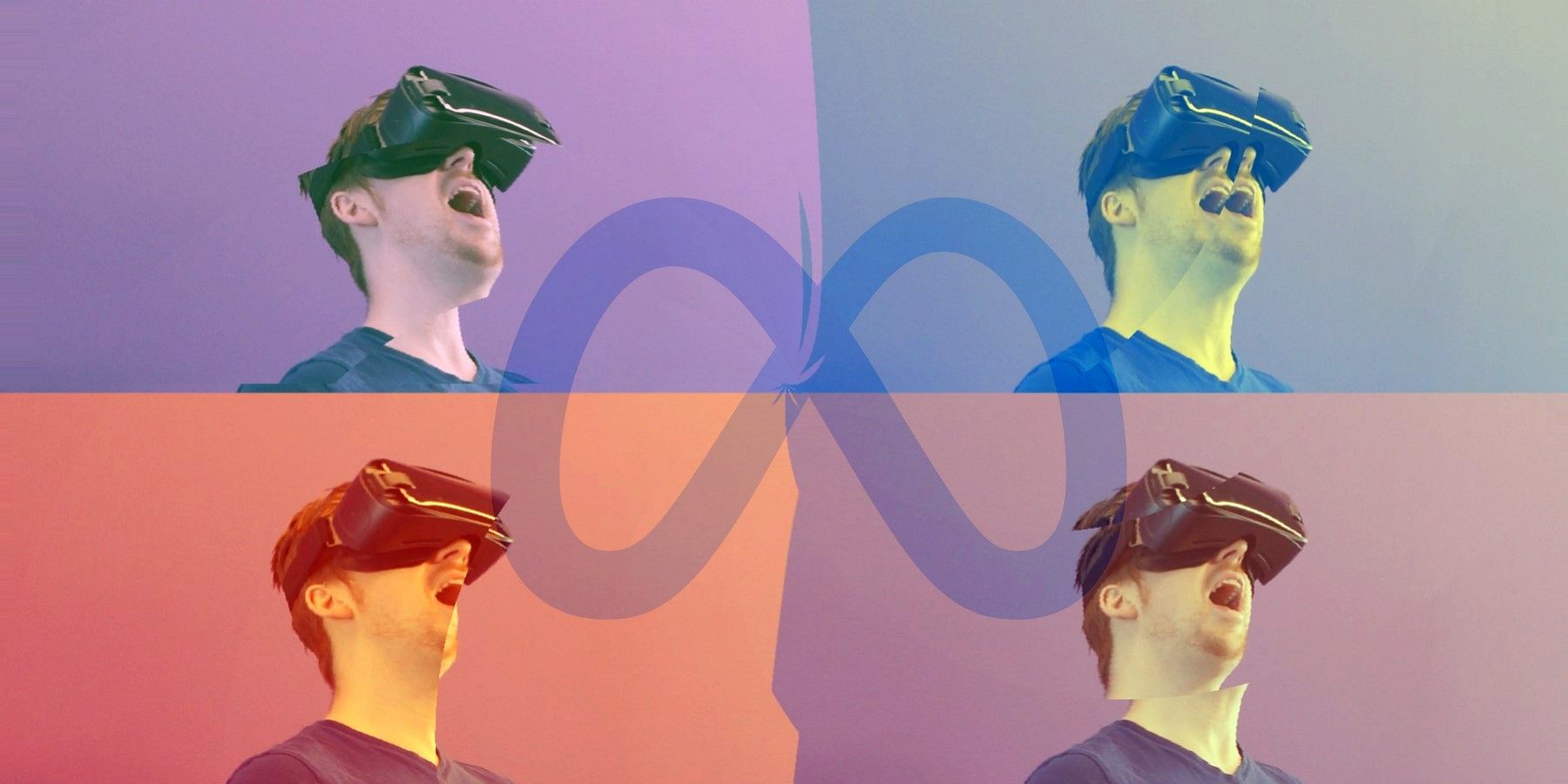Louis Rosenberg — the prolific inventor behind the world's first functional augmented reality system — thinks that the metaverse is going to be a terrifying change that has the potential to distort reality and dramatically affect how users perceive things in their real lives. Ever since Mark Zuckerberg revealed a grand metaverse plan, the tech industry has been abuzz with visions of a more immersive internet where AR and VR take center stage, with its very own digital economy and all kinds of experiences from work meetings to concerts and games.
Meta plans to pour billions of dollars into building its metaverse, something it says must be a collaborative effort. Of course, the company knows that serving as a gatekeeper for ‘Internet 2.0’ won’t really spur excitement, especially with its not-so-stellar track record. Cash-rich names like Nvidi, Microsoft, and Epic have already thrown their hats in the ring. However, experts are also wary of the metaverse’s negative impact, especially when it comes to harassment in a more immersive environment. Augmented reality pioneer Rosenberg is no different.
Writing for Big Think, Rosenberg notes that the XR-heavy metaverse will blend the real and virtual in such a way that it is likely to alter the very sense of reality for people. “Personally, I find this terrifying. That is because augmented reality will fundamentally change all aspects of society and not necessarily in a good way,” Rosenberg writes, while also expressing concern over powerful platform providers controlling the metaverse infrastructure. The technologist is not the only one feeling uneasy about the aforementioned aspect, as numerous stakeholders that have been developing metaverse experiences have also called out Meta for hijacking the whole discourse with its announcements. They have also raised legitimate concerns over Meta exercising control over a virtually limitless internet landscape without solving its existing problems first. The financial opportunity here is obviously huge, with the likes of crypto investment giant Grayscale calling it a trillion-dollar bet.
Metaverse Will Distort Reality, But In A Good Way?
Rosenberg notes that augmented reality can exacerbate the existing problems of the internet to a dangerously high level. The Stanford alum explains that AR is likely to make the personal information of others dangerously easy to view, and react accordingly. For example, citing an example of walking down the street while wearing an AR device and seeing others with a virtual bubble above them that, not only identifies them, but also provides an overview of what they like, their ideological/political inclinations, their hobbies, and so on. Rosenberg argues that the world is headed in that direction and that it's highly unlikely to make it a better place. It is not actually hard to imagine either. Take, for example, a social platform like Instagram, with all its toxicity and harassment, and how it is going to tackle privacy and abuse in a more immersive virtual space.
The metaverse is likely to push users into an even smaller bubble, feeding them customized content and tailored ads. Platforms already struggle with controlling the kind of content users can and can’t see, while also providing tools such as ‘hide’ and ‘unfollow’ to restrict certain kinds of content from appearing on their social media feed. If this carries into the metaverse, such tools will hide real things in the world behind a virtual wall, disconnecting people from what is actually happening around them. Not to mention, there is the risk of alienating people who can’t afford AR hardware, especially when critical information starts appearing more frequently in the metaverse than in real-world mediums like newspapers and magazines.
Sources: Big Think, Grayscale Research


